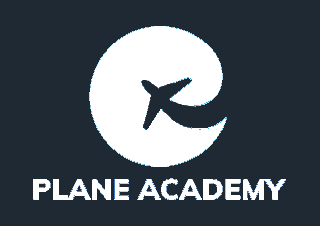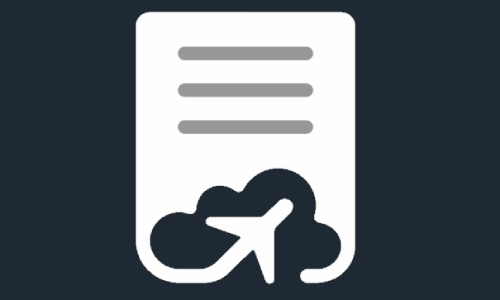Airline Pilot Standards -Multi Crew Co-operation Programme (APS-MCC)
The enhanced Airline Pilot Standards Multi Crew Cooperation Course is the perfect first step towards a professional career in commercial aviation. The course has been designed to help pilots achieve the highest standard of knowledge, skills, and attitudes required by Commercial Air Transport Operators.
APS MCC and MCC courses are delivered using type-specific, CAA approved state of the art next-generation flight simulators used by our partner airlines – A320 CEO/NEO and B737 NG.
Whether you’ve completed Modular or Integrated MEP/IR/CPL route training the APS MCC airline relevant training course is the preferred course for competency development, airline transition training, and preparation for future employment. All trainees progress through the course phases with continuous assessment and coaching, graduating with a comprehensive course reports and certificate of attainment – a proven capability assessment.
A three-week course structured to facilitate a step by step approach to training. The course is specifically designed to help pilots achieve the highest standard of skill, knowledge and attitudes required by Commercial Air Transport Operators. Courses are held on in-house Level D Full Flight Simulators.
PHASE 1
Three days of classroom-based ground school
The aims of the first two days are;
- To review and investigate the competencies that constitute a safe and effective pilot
- To learn the basic principles of CRM
- To understand the human factors limitations associated with flight operations
- The mindset of resilience
- Startle factors and stress response
- Attitudes to feedback
- An introduction to the concept of the just culture
- To highlight the importance of monitoring and appropriate intervention skills
These concepts are investigated using actual industry events and their root causes.
Day three will cover
- An introduction to the course SOPs , scan flows and calls
- A technical briefing limited to the course requirements, and including ECAM and QRH guides
- An introduction to briefing skills using video demonstrations
- The threats associated with high altitude flight and high-altitude aerodynamics
PHASE 2
Type Specific Level 1 FTD (Flight Training Device) – 5 * 4 Hour Sessions
The sessions will have a comprehensive pre course briefing hand out, they will have a 90 minute tutor lead briefing and a minimum 30 minute facilitated de – briefing and feedback session after the session.
The aims are;
- To establish an understanding of swept wing jet handling and to develop the core handling skills
- To understand the synergy potential of a two crew flight deck
- To extend the boundary of core handling skills to develop the skills required to return the aircraft to the normal operating envelope
- To experience time critical events where resilience is required
- To establish a foundation understanding of the integration of automation into the basic manoeuvres encountered during commercial operations
- To understand the limitations of automation and how to react when automation is the threat.
PHASE 3
One day classroom-based ground school
The aim is;
- To introduce a day in the life of an Airline pilot;
- Professionalism and your role
- Working in a team
- Your contribution to profit and cost control
- Customer Service
- Overview of EASA ops manual structure
- Understanding the airline structure
- Preparing for your type rating and line operations
- Continued professional development
- Stabilised approaches
- To understand the individual’s role in flight safety and how an SMS works
Type Specific Level 1 FTD (Flight Training Device) – 5 * 4 Hour Sessions .
The sessions will have a comprehensive pre course briefing hand out, they will have a 90 minute tutor lead briefing and a minimum 30 minute facilitated de – briefing and feedback session after the session.
The aims are;
- Introducing Airline operations
- Slots, delay management, OPS liaison, Cabin Crew liaison
- MEL, engineering liaison
- ATC liaison
- Normal and non-normal management
- Threat and error management
- Communications structures
- Unruly passengers
Final course assessment and evaluation.
